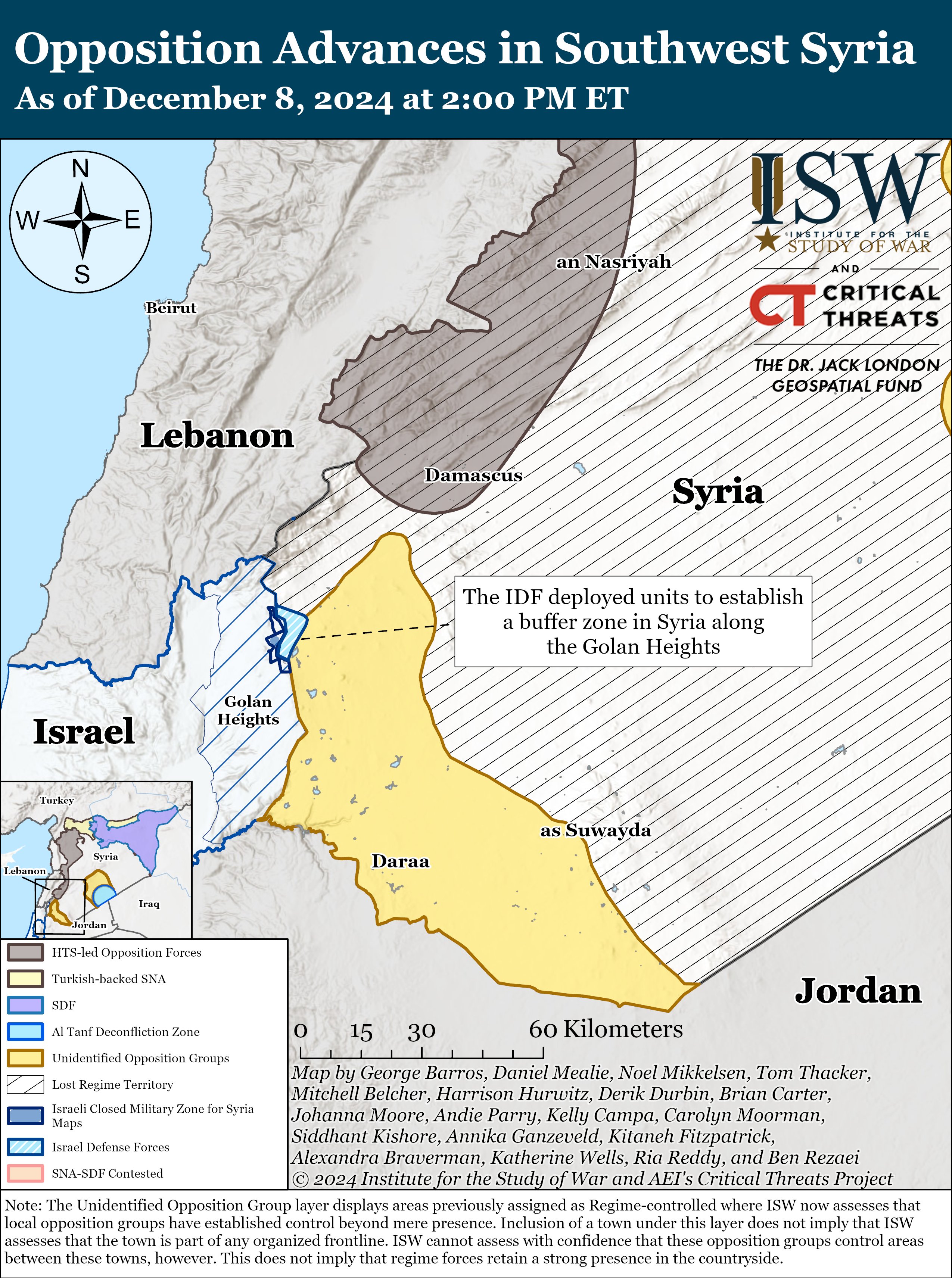@Musashi_kenshin I understand that my comment looks not politically correct. But you can't explain the phenomenons in the Middle East without considering the extreme importance of religion in this region. An importance that we, non-muslims, have no idea of.
It doesn't mean that people there support the most violent groups. Islamic doesn't mean forcibly violent or terrorist. To the contrary, for muslims, Islamism is the right thing because it's supposed to causes good to humanity. In the facts, Daesh failed because of their indiscriminate terror. But a group promoting the Islamic Law will have the support of the majority of muslims (not all, but the majority).
In this context, promoting muslim values and the "True Islam" is a big motivation to fight and sometimes to give their life. Each tribal faction consider themselves as "True Muslim" while others are either also true muslim when they are allies (but not as true as themselves) or hypocrites when they are ennemies.
While it's true that people rally behind the strongest, it doesn't mean they like it. If given a chance, the majority of muslims in muslim countries will support a government wish will at least base the law on the Sharia and promote the virtues of Islam because not doing so would be a bad thing in their mind. It doesn't mean that they always chose the most extreme sect preachers as leaders. There are nuances. Sometimes they disagree with too extreme versions of Islam while still wanting a relatively strict one.
That's why the group winning over Assad is an Islamic one and why it's winning easily against a secular regime.
Soldiers in Assad's army didn't see the point to sacrifying themselves to defend something that had no connection with Islam or the notion of true Islam. (And since Assad fled like a coward, they don;t regret it).
The Taliban were defeated by the US invasion, but the government which replaced them ultimately was suddenly toppled when the Taliban came back because they were not Islamic (or not Islamic the way most of Afghans wanted). They had zero support from the population.
It doesn't mean that people there support the most violent groups. Islamic doesn't mean forcibly violent or terrorist. To the contrary, for muslims, Islamism is the right thing because it's supposed to causes good to humanity. In the facts, Daesh failed because of their indiscriminate terror. But a group promoting the Islamic Law will have the support of the majority of muslims (not all, but the majority).
In this context, promoting muslim values and the "True Islam" is a big motivation to fight and sometimes to give their life. Each tribal faction consider themselves as "True Muslim" while others are either also true muslim when they are allies (but not as true as themselves) or hypocrites when they are ennemies.
While it's true that people rally behind the strongest, it doesn't mean they like it. If given a chance, the majority of muslims in muslim countries will support a government wish will at least base the law on the Sharia and promote the virtues of Islam because not doing so would be a bad thing in their mind. It doesn't mean that they always chose the most extreme sect preachers as leaders. There are nuances. Sometimes they disagree with too extreme versions of Islam while still wanting a relatively strict one.
That's why the group winning over Assad is an Islamic one and why it's winning easily against a secular regime.
Soldiers in Assad's army didn't see the point to sacrifying themselves to defend something that had no connection with Islam or the notion of true Islam. (And since Assad fled like a coward, they don;t regret it).
The Taliban were defeated by the US invasion, but the government which replaced them ultimately was suddenly toppled when the Taliban came back because they were not Islamic (or not Islamic the way most of Afghans wanted). They had zero support from the population.



































